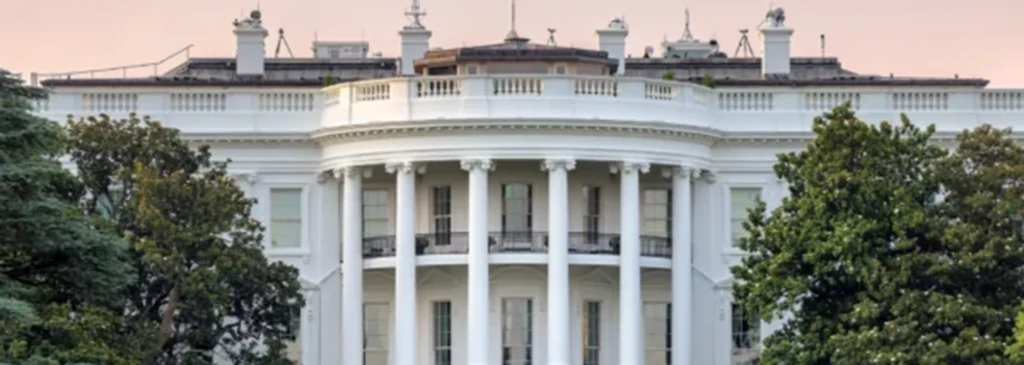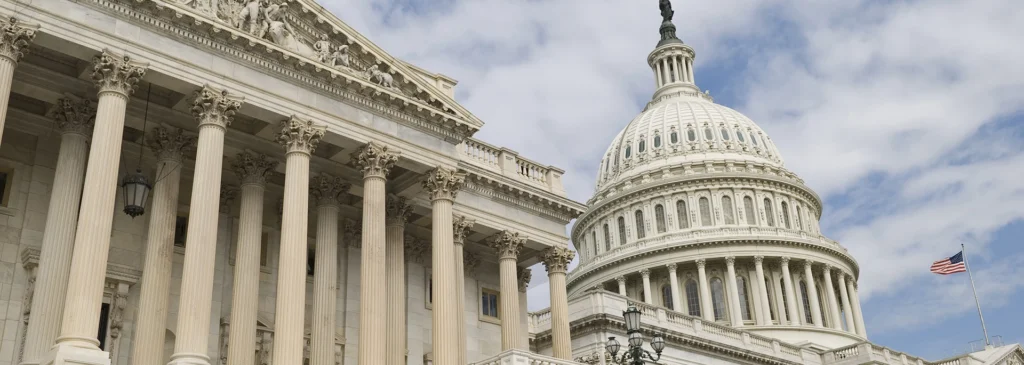Bracewell’s Post-Election Analysis Resource Center offers insights on how a second Trump presidency might reshape the business landscape. Designed for in-house counsel and corporate executives, this resource provides timely insights on developments in energy, environmental, tax, trade and technology policy, helping you make informed business decisions in a rapidly changing legislative and regulatory climate.
Post-Election Analysis
Lobbyists, lawyers and strategic communications professionals from Bracewell’s Policy Resolution Group break down the 2024 US election results, sharing insights for business leaders on key issues in energy, environmental, tax and trade policy.
Trump’s second administration is poised to roll back Biden-era policies through executive orders and legislative action, focusing on “America-first” initiatives in energy, trade and deregulation.
President-elect Trump is expected to oversee a more hands-off, business-friendly approach to policy and regulation.
Energy and Environmental Policy

MEDIA MENTIONS

MEDIA MENTIONS
The new Trump administration is unlikely to proceed with repealing the landmark ruling that greenhouse gases threaten public health.
Trump’s second-term energy agenda emphasizes energy independence, economic growth and deregulation, with a focus on increasing domestic production and streamlining processes.
It will be difficult for President-elect Trump to potentially roll back subsidies that have already been allocated to clean energy projects such as hydrogen.
A second Trump administration is expected to prioritize “energy dominance,” focusing on expanding oil and gas, reducing regulations, and increasing drilling, especially with Republican-led committees in Congress likely supportive of these goals.
The future of the Inflation Reduction Act (IRA), signed in 2022 to boost US clean energy with new tax incentives, hangs in the balance.
In pursuit of lofty climate initiatives, the renewable energy industry has benefited from a “manufacturing renaissance” under the Biden administration, but proponents have often wondered what might happen in the event of a second Trump presidency.

MEDIA MENTIONS

MEDIA MENTIONS
President-elect Trump could cut regulations on power plants while softening other rules that enjoy industry support.
President-elect Trump is expected to move quickly to eradicate the Biden’s administration’s climate policy.
Personnel is policy that is going to dictate, in part, what happens with the Department of Energy’s hydrogen hub program and the 45V hydrogen production tax credit.
Bipartisan cooperation on nuclear energy is likely to persist into the second Trump administration.
The question remains whether President-elect Trump can be swayed to support voluntary carbon markets as a way to strengthen our competitive stance in the international trade world.
The Trump administration may have a hard time overlooking the benefits of offshore wind as a potential energy resource.
Manufacturing
Trump’s proposed tariffs on Mexico and Canada could be enforced through broad presidential powers to push for action on immigration and drug trafficking.
With Donald Trump’s re-election, we are likely to see an active few months and years when it comes to changes in tariffs and other parts of trade policy.
The Consumer Product Safety Commission’s budget will likely decrease, further limiting its ability to take regulatory action.
Stocks are soaring despite the threat of heavy tariffs.
Technology
A second Trump presidency will have a significant impact on digital assets, from regulatory expectations to the United States’ competitive edge in the global market.
A new era of cryptocurrency litigation is expected following Donald Trump’s reelection.

















